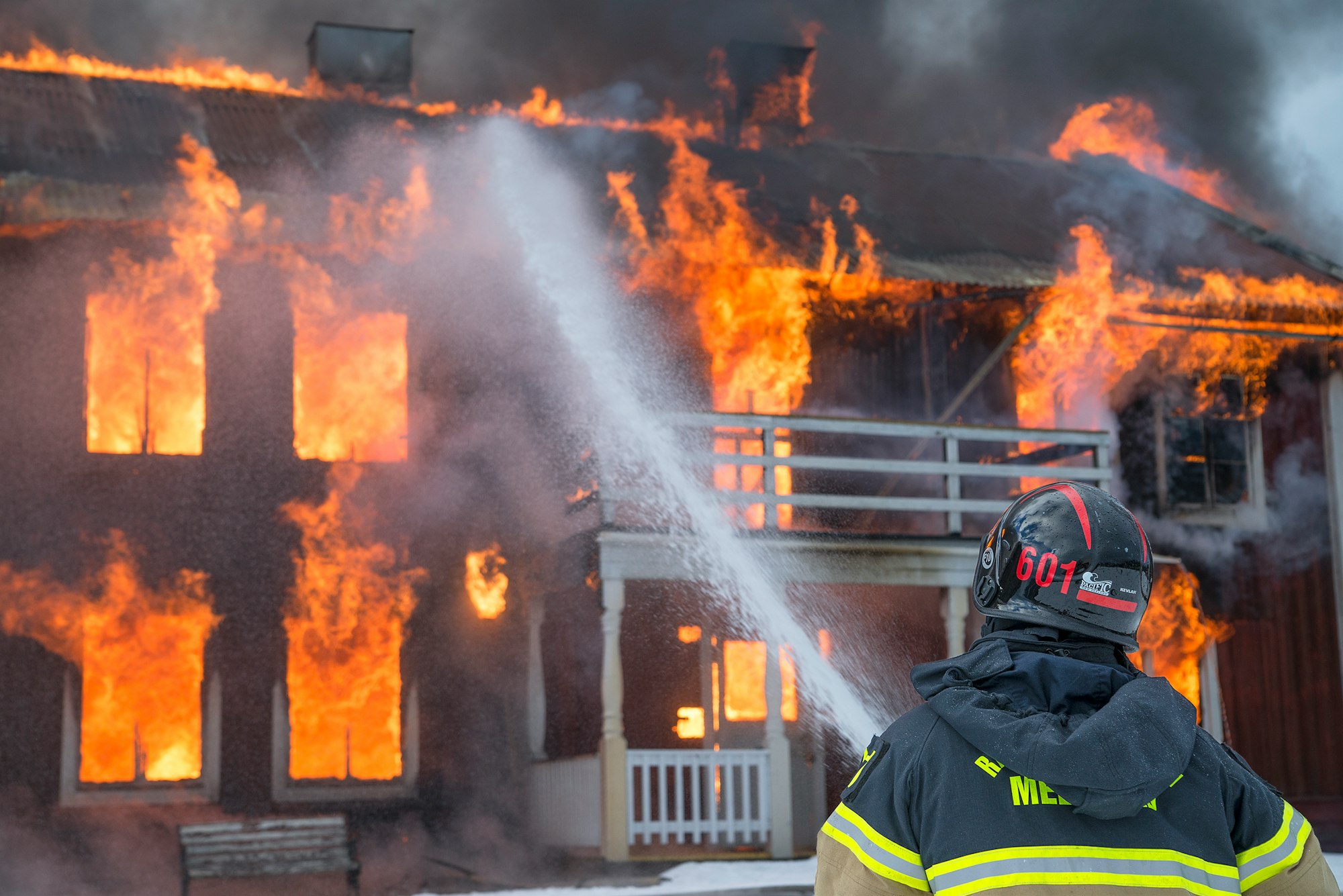What Rising Insurance Costs Mean for Home Values
In recent years, homeowners across the U.S. have been facing a growing concern: rising insurance premiums.

For most people, a house is the most valuable – and costly – investment they will ever make. To own property on which to dwell and raise a family is indeed the American Dream. Yet more than that, home purchase represents financial security, particularly as the owner builds equity and improves home value. Of course, that security is vulnerable in different ways. For one thing, it is subject to seizure in the event that loan or tax obligations go unpaid. A house is also exposed to damage or destruction due to weather, faulty wiring, personal carelessness and the like. For this reason, we have insurance. Is this coverage, though, the right kind…and is it enough?
What Do I Get with a Standard Homeowners Policy?
Stripped to its essentials, a basic homeowners insurance policy pays on damage claims caused by fire, high winds, hailstorms, vandalism and lightning strikes. In every case this coverage applies to the dwelling in which an individual or family lives (sleeps, eats etc,). Any traumas to the foundation, walls or roof are routinely paid on if caused by such events. In a majority of cases, this policy will also cover detached edifices like a garage, tool shed or even a fence. There is also some liability coverage included that help pay for legal challenges related to the property, e.g. if someone is injured and sues the owner. Beyond these contingencies, damage to personal property also receives a percentage of recompense from insurers.
What Sort of Problems Are Not Addressed with Basic Coverage?
If an earthquake disrupts the foundation of your home, the typical policy will not pay on it unless a fire results from the quake. An additional endorsement or separate policy is required for those who suspect the likelihood of this event. Floods, likewise, require a unique policy. A mortgage lender might determine that a property lies outside of a flood zone and not require coverage. Yet all it takes is one flood to put that house inside the zone. As with earthquakes, owners must make informed judgments regarding whether they need such protection. Gray areas exist as to whether or not damage to an automobile – or its contents – is covered if the car is parked in the garage of a burning house. These are good questions to ask an agent ahead of a home purchase.
How Much Insurance Do I Need?
The fact is many owners carry inadequate levels of coverage. Their current policy pays on claims related to property loss according to fair market value, i.e. the price the house would sell for if put on the market. However, fair market home value can fluctuate according to appreciation/depreciation and inflation/deflation. The expense of replacing a house burned to the ground can exceed what that house would otherwise sell for on any given day. This is why many mortgage lenders require – and every owner should want – replacement cost coverage on their dwelling.
Who Gets the Claim Check?
This answer often depends on the house and its status. The owner should always be listed on the policy as the insured; the lender, as mortgagee. Often, the insurance company makes the check out to both parties so the lender can be sure the proceeds go toward property restoration.